Vladimir Putin could target UK again with novichok-style attack, warns Grant Shapps
Grant Shapps compared the threat posed by Russian president to that of Nazi Germany’s Adolf Hitler
Your support helps us to tell the story
From reproductive rights to climate change to Big Tech, The Independent is on the ground when the story is developing. Whether it's investigating the financials of Elon Musk's pro-Trump PAC or producing our latest documentary, 'The A Word', which shines a light on the American women fighting for reproductive rights, we know how important it is to parse out the facts from the messaging.
At such a critical moment in US history, we need reporters on the ground. Your donation allows us to keep sending journalists to speak to both sides of the story.
The Independent is trusted by Americans across the entire political spectrum. And unlike many other quality news outlets, we choose not to lock Americans out of our reporting and analysis with paywalls. We believe quality journalism should be available to everyone, paid for by those who can afford it.
Your support makes all the difference.Vladimir Putin could target the UK with another novichok-style poisoning attempt, Britain’s defence secretary has warned.
Grant Shapps compared the threat Mr Putin poses to that of Nazi Germany’s Adolf Hitler.
Mr Shapps, along with a number of Western leaders, blamed the Kremlin for the recent death of Russian opposition leader Alexei Navalny, who died in an Arctic penal colony on 16 February.
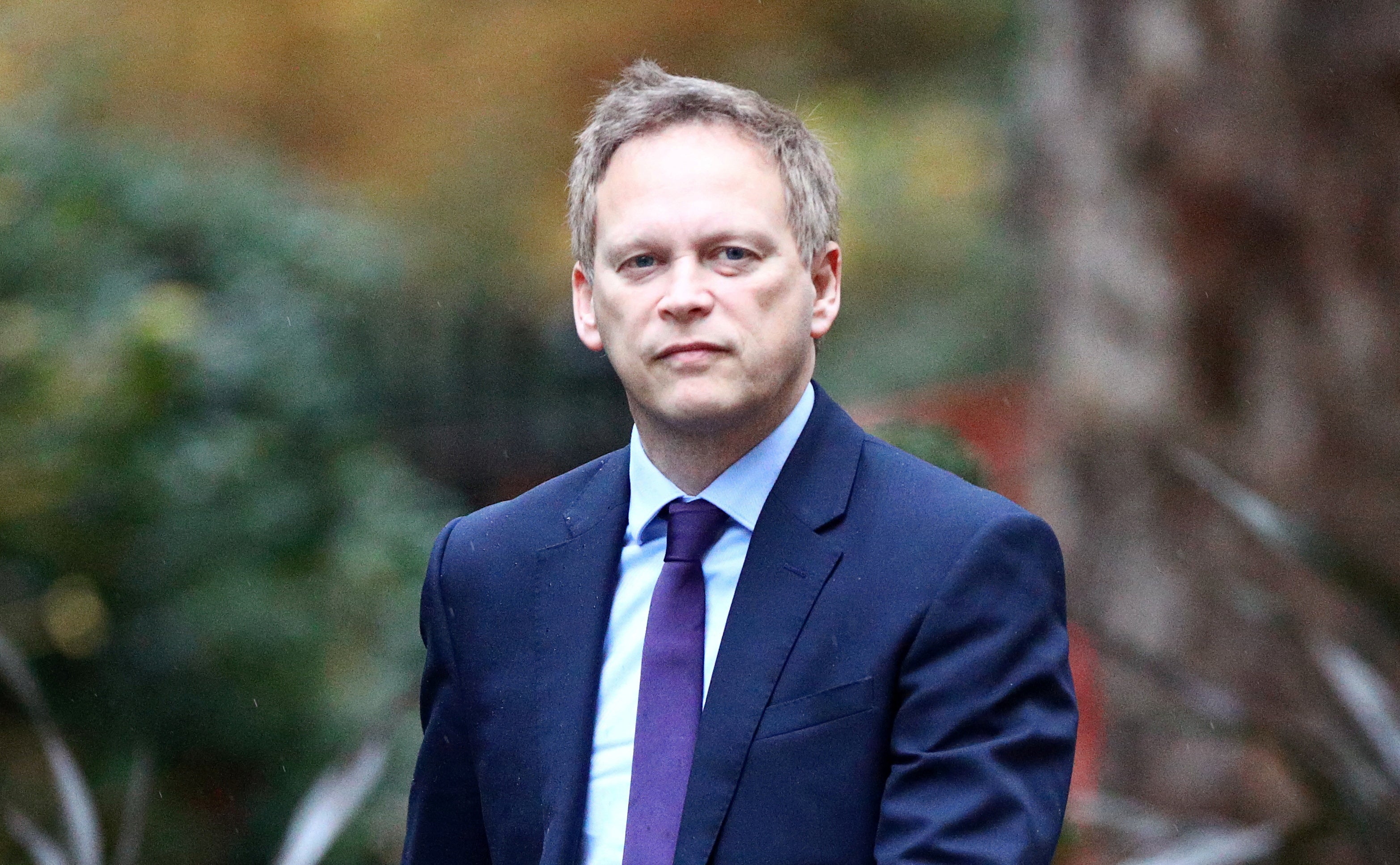
Mr Shapps told The Sun: “Putin has Navalny’s blood on his hands. Navalny should never have been in prison. His crime was standing up to an autocratic and now dictatorial Putin, who has a long history of bumping off his opponents.
“He does it at home and abroad. And the world must not waver or bend to that kind of squalid leadership. We know what happens when you do – you end up with the mess of the last century.”
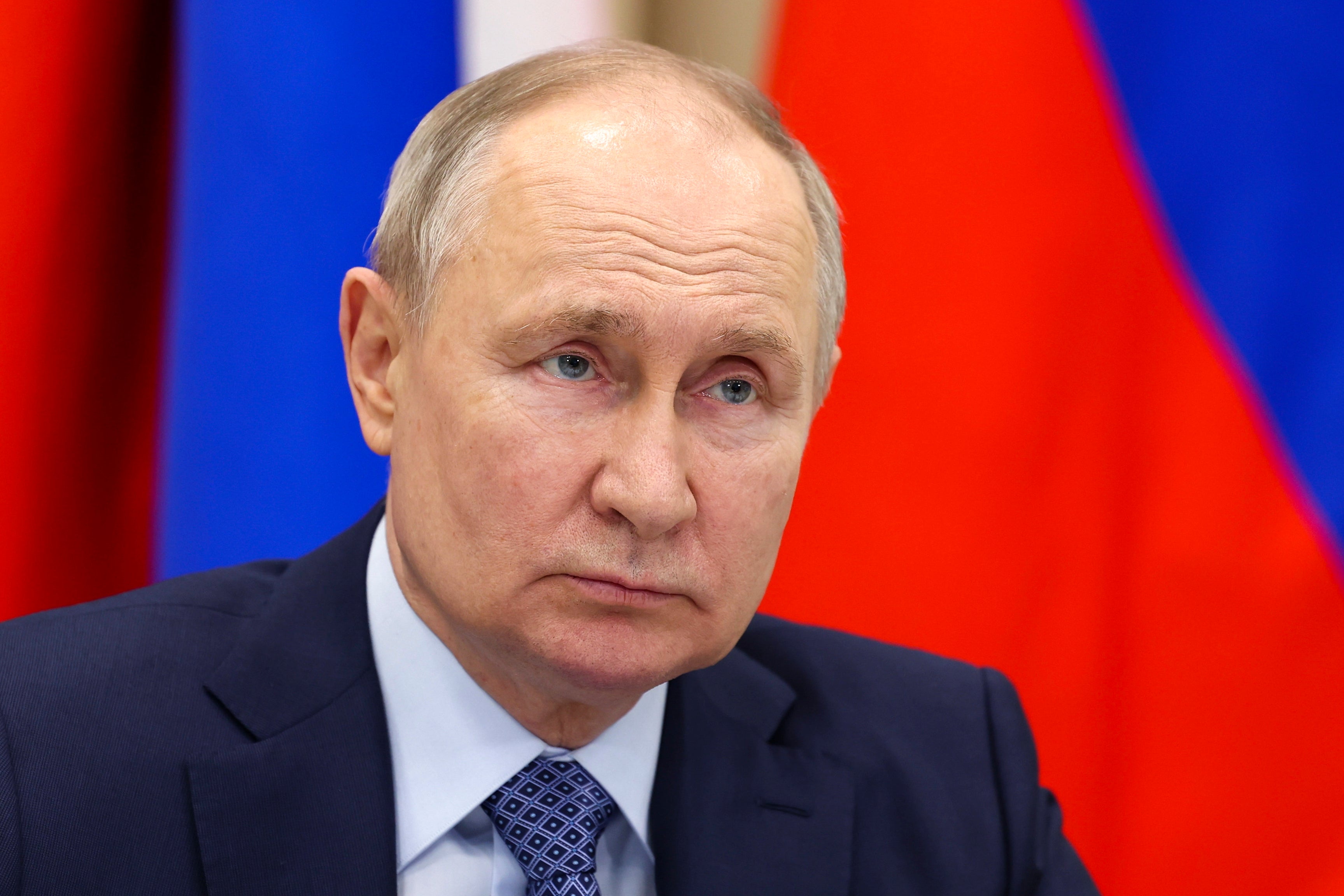
Navalny, 47, was given life-saving treatment in Germany in 2020 after he was poisoned with novichok – the same deadly nerve agent that had been used by Putin’s GRU spy agency to target the former Russian agent Sergei Skripal, 72, and his daughter Yulia, 39, in Salisbury in 2018.
Although the Skripals survived, British citizen Dawn Sturgess, 44, died after coming into contact with the military-grade nerve agent from a discarded perfume bottle.
Branding Putin a despotic leader who had lost any semblance of legitimacy, the defence secretary warned of another novichok-style killing on the streets of Britain.
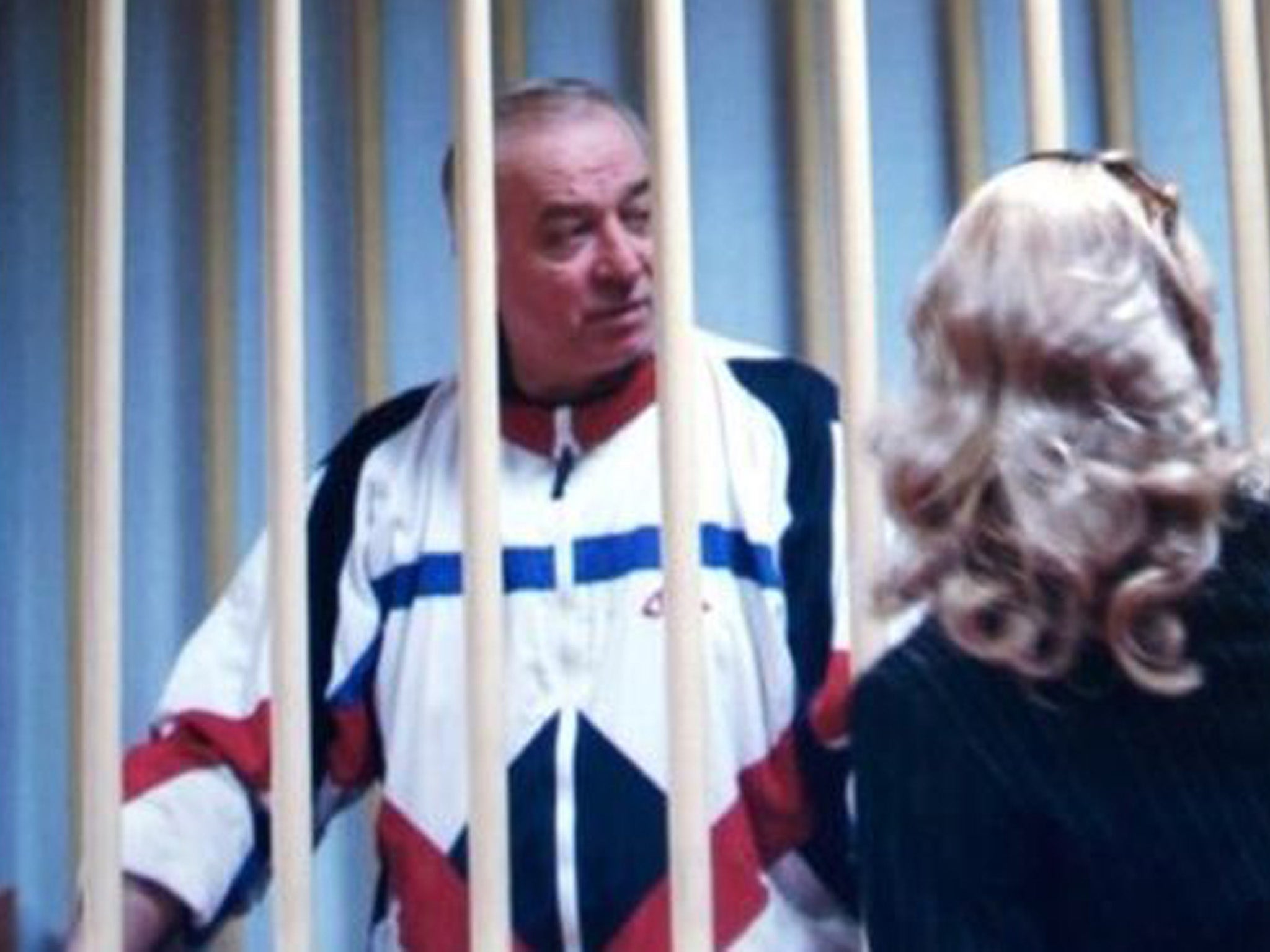
He said: “Look what happened in Salisbury. We’ve seen what Putin is capable of.
“His behaviour makes him a pariah. He thinks the more he does it the stronger he gets. But in the eyes of the world it makes him more desperate and weaker.”
Asked if the UK could be hit by another novichok attack, he replied: “We are always tracking and trying to prevent those things. But do I think he has intent? You have seen that. So, yes.”
He added: “Because it’s so far outside of the parameters of civilisation, it’s sometimes hard for the Brits to believe. But it’s Putin’s modus operandi. His approach if he doesn’t like someone is, don’t vote them out, just bump them off.”
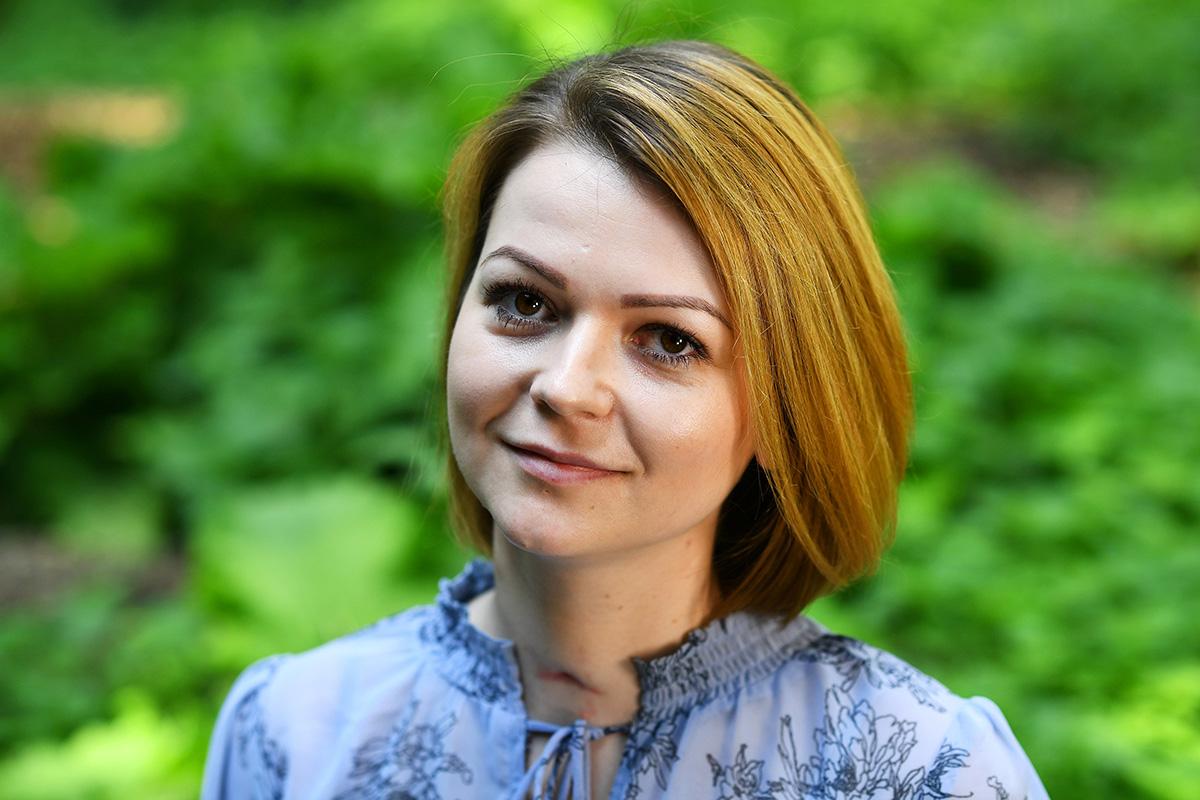
Mr Shapps described the Russian president as “right up there” among the most serious threats to world peace since Hitler.
Putin has denied any involvement in novichok attacks in the UK.
The defence secretary’s warning comes after Saturday marked the two-year anniversary of Russia’s invasion of Ukraine.
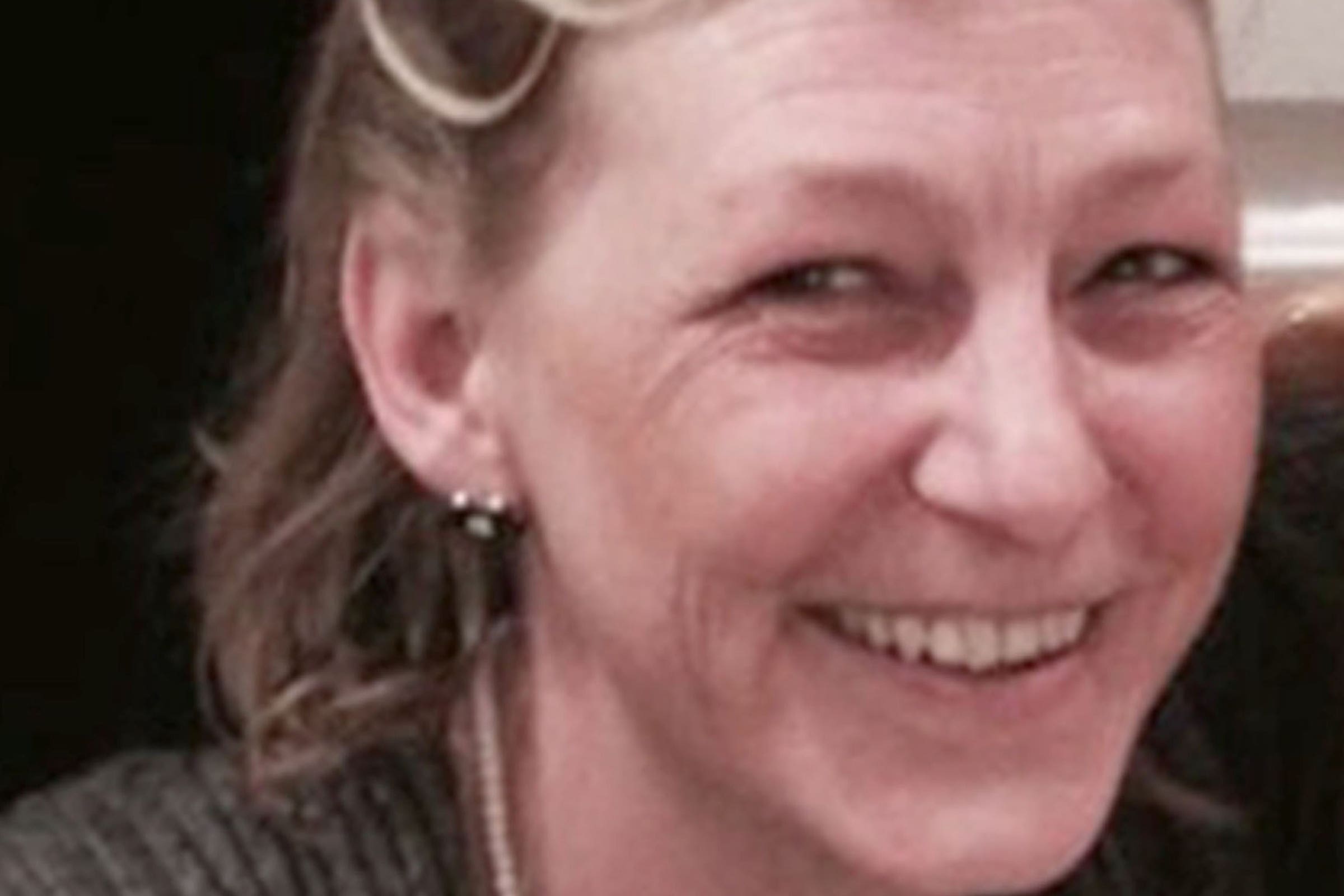
On 24 February 2022, Putin shocked the world by launching a brutal all-out invasion of Ukraine, sending troops, tanks and warplanes in their masses across Russia’s border under the cover of darkness.
While the Kremlin is reported to have believed its “special military operation” would bring the capital Kyiv under Russia’s grip in just 10 days, the extraordinary show of defiance by Ukrainians to fight for their country’s existence has instead seen the war now enter its third year.
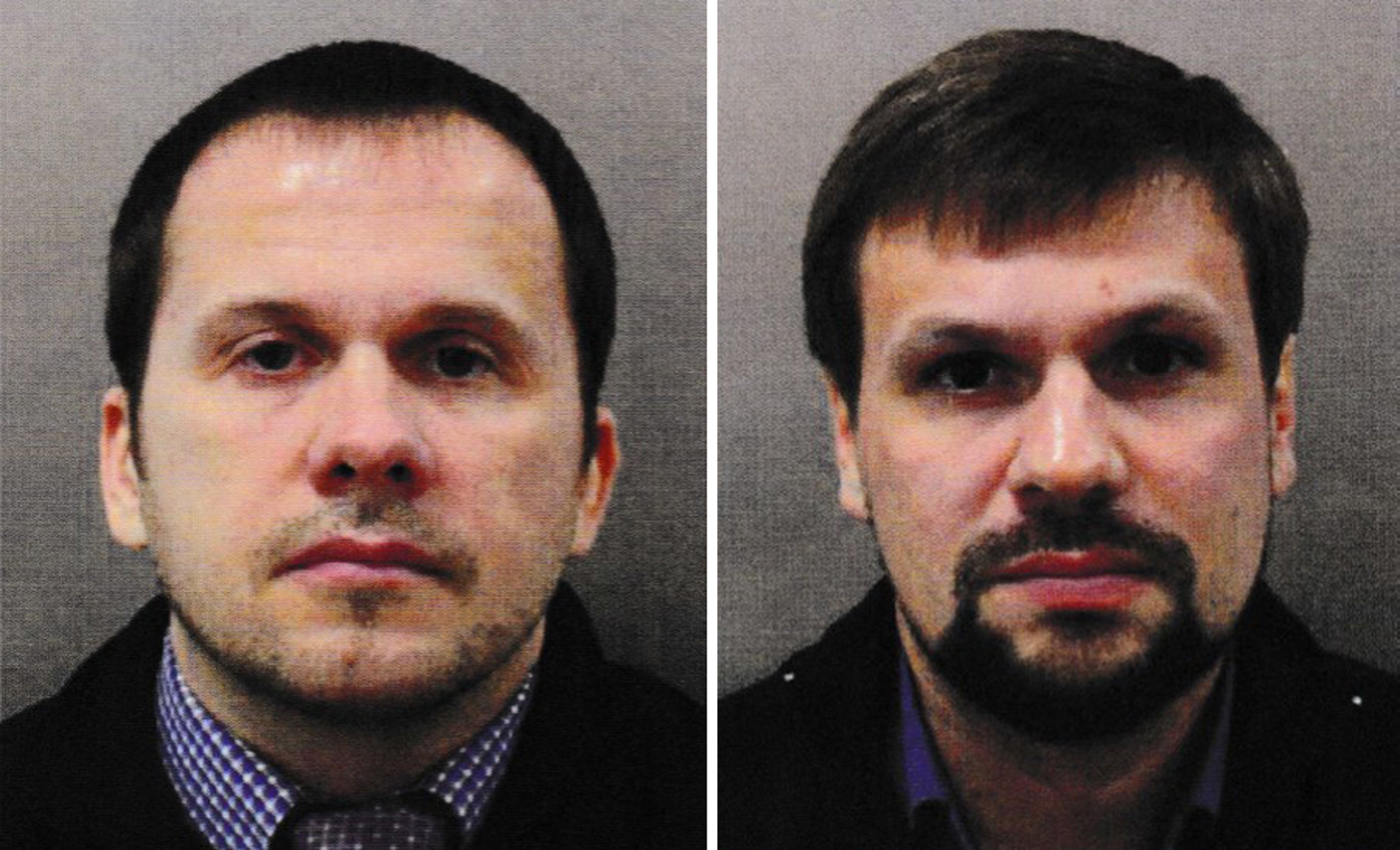
Over the course of 24 months, battle lines have shifted dramatically as Volodymyr Zelensky’s troops pushed Russian invaders back hundreds of miles to enter into a grinding war of attrition centred in battle-hardened Donbas, where both armies are paying for small tactical and symbolic gains with thousands of lives.
Yet while the fighting hotspots have become more centralised, albeit along a 600-mile front line, the fate of Ukraine is increasingly at the mercy of geopolitical developments.
Seeking to justify his lengthy war, and his moves to transform Russia’s economy into a vast war machine, Putin is increasingly casting the conflict as an existential battle against the West.

Join our commenting forum
Join thought-provoking conversations, follow other Independent readers and see their replies
Comments